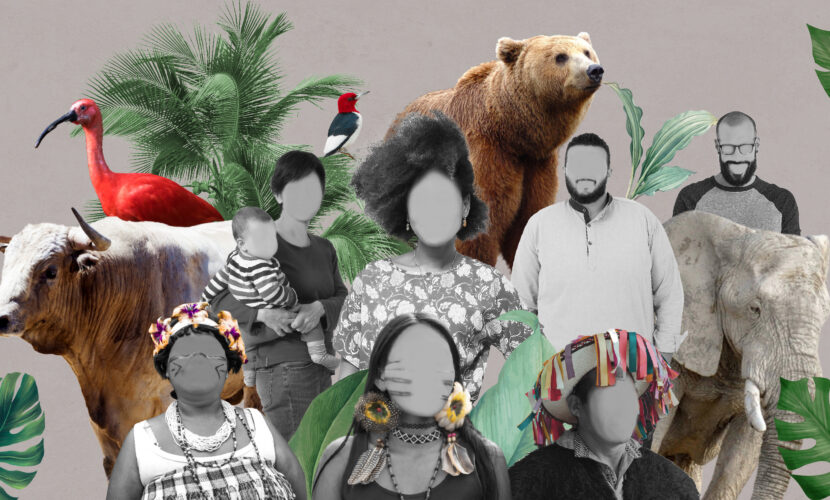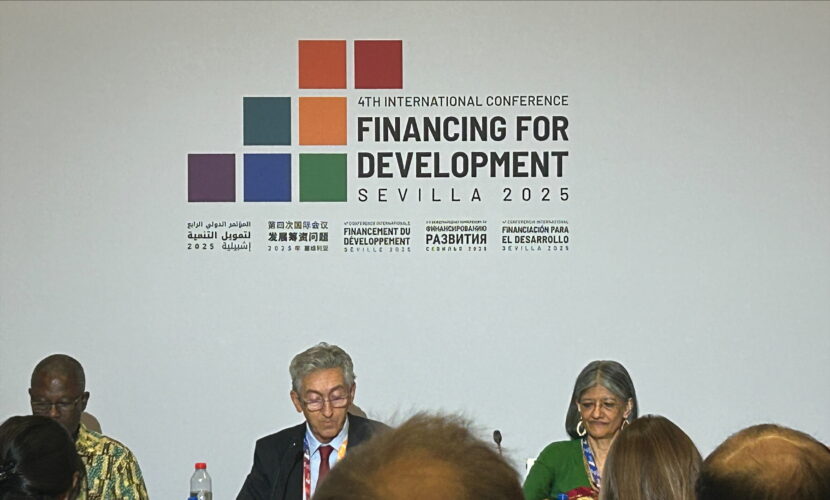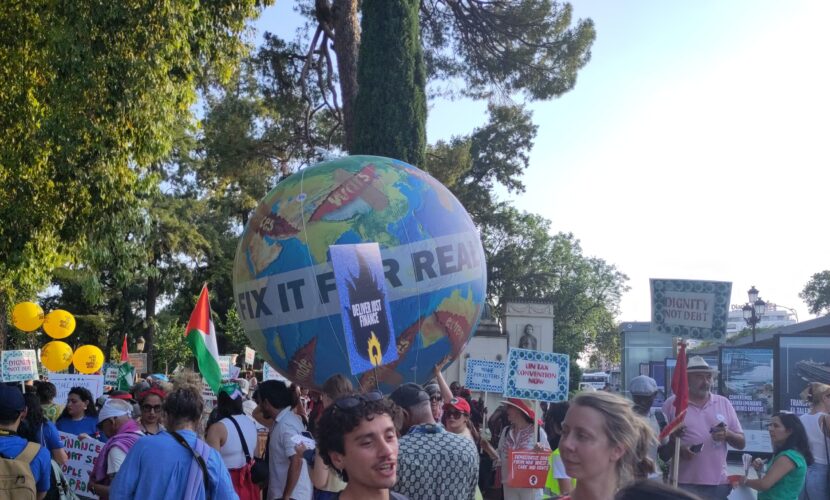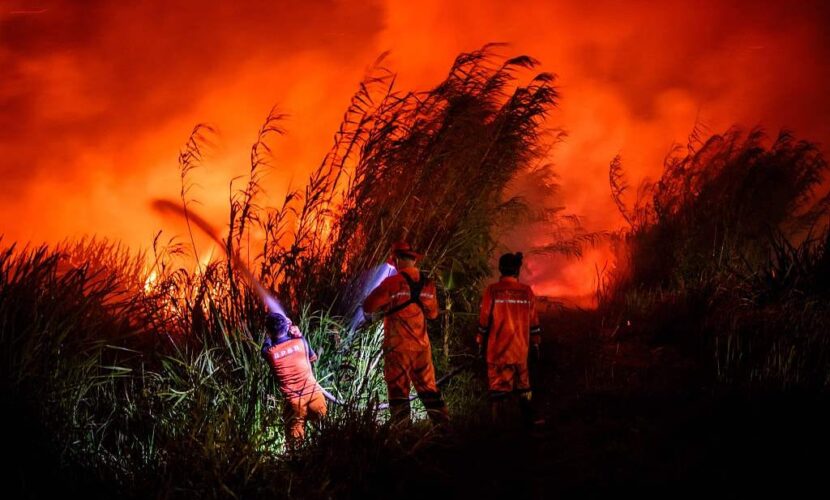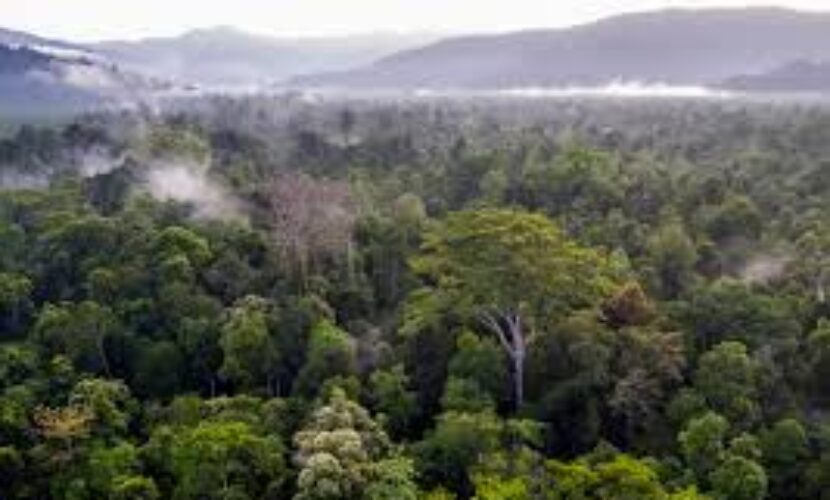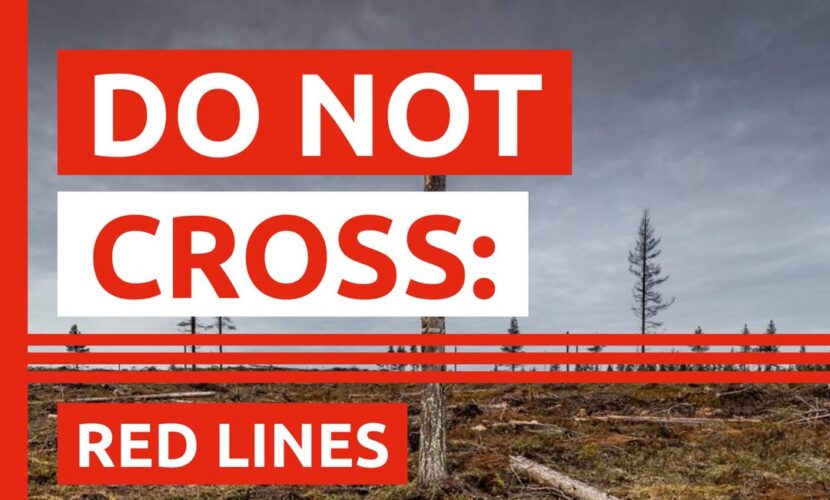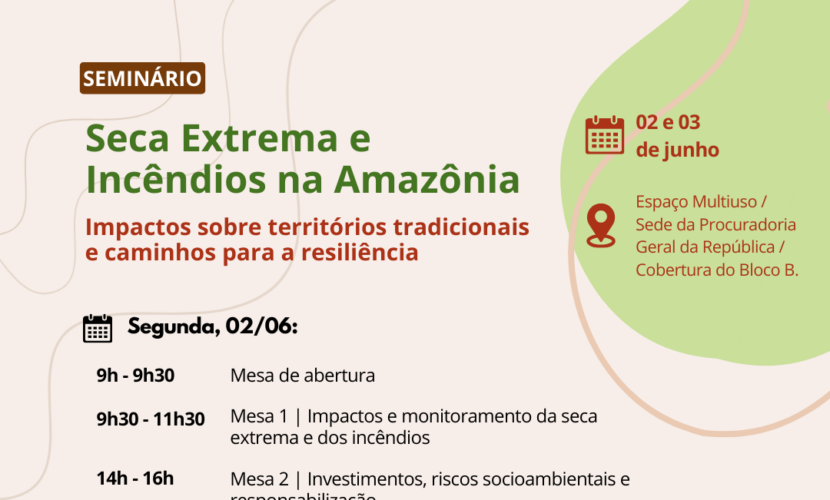News
World’s 50 Largest Banks and Investors Driving Deforestation Through Weak Policies and Major Investments, New Study Finds
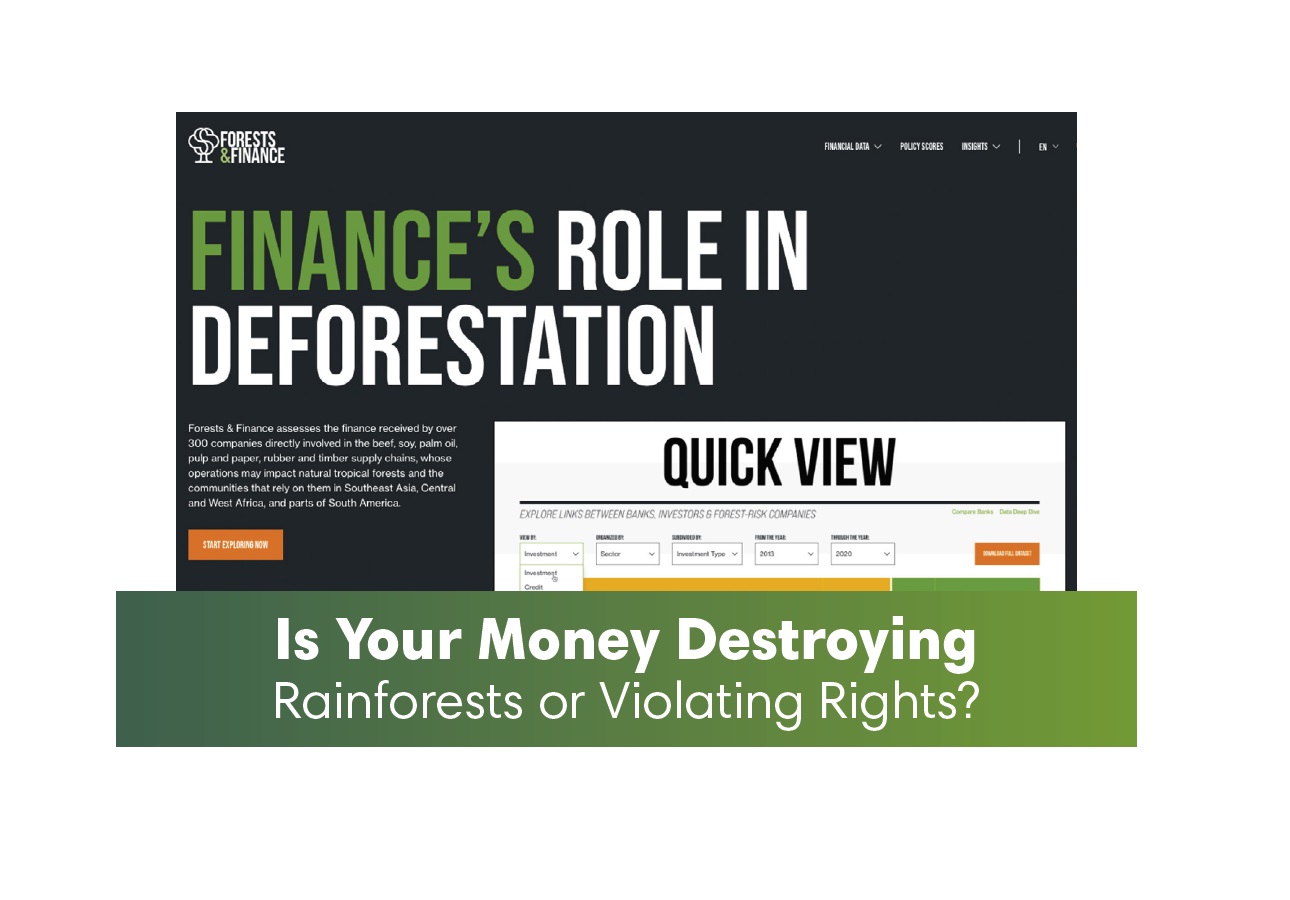
Top investors BlackRock, Vanguard, State Street, PNB, EPF, GPIF, and KWAP all amongst lowest scoring
The world’s 50 largest banks and investors are driving deforestation through weak policies and major investments in commodities which are linked to tropical rainforest destruction, according to new research by Forests & Finance –– a coalition of research groups and civil society organizations from the United States, Indonesia, Netherlands, Brazil and Malaysia. The financial institutions were scored on their performance, with major international banks like Bank of America, Sumitomo Mitsui Banking Corporation (SMBC), Industrial and Commercial Bank of China (ICBC), and major investors such as BlackRock, Vanguard, and State Street, all coming out with low scores.
The newly redesigned Forests & Finance database shows that the policies of the 50+ financial institutions –– accounting for USD 128 billion in credit and underwriting to deforestation-linked commodities from 2016 – 2020 and USD 28 billion in investment as of April 2021 –– are collectively very weak, with an average score of 2.4 out of a possible 10. This indicates that the majority of financing to the different commodities driving deforestation (beef, palm oil, pulp and paper, rubber, soy and timber) is not subject to even basic desk-based social, environmental or governance checks, much less actual verification of client standards.
“Protecting the world’s tropical forests has quite literally never been more important to all life on Earth,” said Merel van der Mark, Coordinator for the Forests & Finance coalition. “And yet, these financial institutions are all but writing a blank check to the companies driving forest destruction and human rights abuses. Instead of giving these companies carte blanche to destroy forests, financial institutions have to be able to identify, assess and manage these risks in their portfolios.”
“Blackrock, the world’s largest asset manager, provides a huge amount of capital to the companies that are driving deforestation and undermining Indigenous rights, to the tune of USD 2 billion. That’s an increase of 157% compared to April of last year, during a time when Earth defenders’ lives are increasingly under attack and deforestation continues to skyrocket. Blackrock needs to take decisive action to stop funding forest destruction, biodiversity loss, and Indigenous rights abuses, particularly in sensitive biomes such as the Amazon,” said Moira Birss, Climate and Finance Director with Amazon Watch.
“All of the top five largest investors in deforestation-linked companies in Southeast Asia scored very low in our assessment,” said Meenakshi Raman, President of Sahabat Alam Malaysia. “We need investors to take responsibility for their investments and fund a thriving future for Southeast Asia, instead of its destruction.”
“Indonesian banks, while still scoring very low, showed some improvement in our assessment since 2018,” said Edisutrisno, Executive Director of TuK Indonesia. “This positive improvement is the right course for Indonesia’s banks and must only improve from here.”
“While still scoring low on its policy, BNDES, the largest investor in forest-risk commodities in South America, has lowered its exposure to forest-risk commodity companies operating in South America over the past year. On the other hand, the other top five investors –– BlackRock, Fidelity Investments, Vanguard and GPIF –– all increased their exposure. All of these companies scored very low. There is still significant investment flowing into the deforestation of the Amazon, with little effort by financial institutions to stop it,” said Marcel Gomes, Executive Director of Repórter Brasil.
Studies indicate that the destruction of forest ecosystems correlates with the emergence of new zoonotic diseases like the coronavirus, meaning that stopping deforestation could be crucial for preventing future pandemics. And yet, in 2020 alone, 12.2 million hectares of tropical forests were lost. The assessment found that financial institutions increased their investments in deforestation in the same period. Compared to 2020, the total value of investments in forest-risk commodity companies has increased from USD 37.2 billion in 2020 (April) to USD 45.3 billion in 2021 (April).
The assessment analyzed the publicly available policies of around 50 of the world’s largest banks and investors against 35 Environmental, Social and Governance (ESG) criteria, and combined that with data calculated by using the financing and investment information available on the Forests & Finance database (covering the period January 2016 – April 2020 for credit data, and April 2021 for investment data). Each bank or investor was ranked on their policies as well as their forest-risk commodity financing to calculate the overall score for the financial institution.
Download the briefer here
